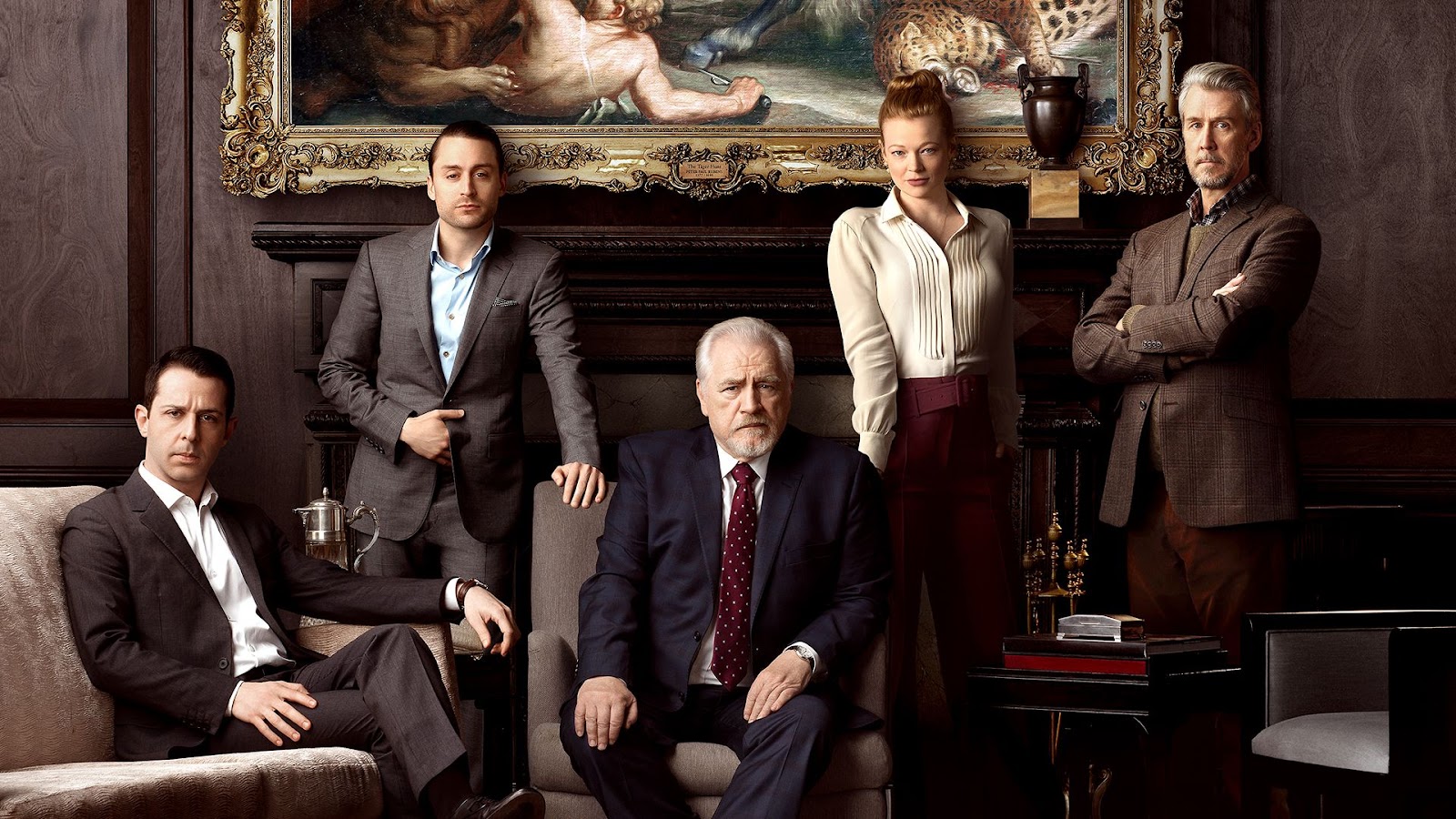I did a workshop at our local community college last week about drawing upon real life to write fiction. It’s a great subject because isn’t that what we do? Take our real-life details and put them into make-believe stories?
While I talked about this, I mentioned how characters should be relatable, meaning they have to have good qualities, but they need flaws as well. Because, let’s face it, nobody in our real lives is perfect. Nor would we want them to be.
Just like characters in books and in movies need both good and bad qualities. I touched upon the fact that even antiheroes have some redeeming qualities. Otherwise, we simply couldn’t relate to them at all.
Walter White in the hit television show Breaking Bad was a high school science teacher who discovered that he had terminal cancer and became a notorious meth dealer, eventually graduating to murder. But... he did it to leave enough money to his family that they’d be in a good place after he died.
Never mind that he put them in danger on several occasions.
Tony Soprano, on another hit television series, The Sopranos, was a mafia don that routinely terrorized, extorted, stole, and killed in cold blood. But you could overlook all of that because he was a good family man. If you overlooked the systemic infidelity.
They were bad guys but had some redeeming qualities.
Now comes Succession. We have a whole cast of characters, none of whom seem to have any redeeming qualities at all. None. Zero.
They’re money obsessed, class snobs, insulting, bullying, and extraordinarily narcissistic. I wouldn’t want to spend any time in real life with any of them.
And yet, the show has been wildly popular.
Alert…I’m writing this on Sunday afternoon, May 28th, the same day that the finale will debut on Max, Formerly HBO Max. Why did they delete HBO? It’s an easily recognizable name. Another topic for another day.
In a nutshell, the show is all about who among the four Roy children will succeed their father in running his vast media empire. Every single one of the children feels entitled and the entire series seems to be about who can be the most ruthless and cutthroat, just like their old man, Logan Roy.
So, why is it so popular? The pacing is incredibly brisk, the scenes are lavish, the music is elegantly beautiful, and the lengths at which the kids are willing to go can be jaw dropping.
And the dialogue. It’s biting, witty, hip, crude, and hilarious---sometimes all at once. It’s also incredibly fast. Pay attention, because it comes at you so quickly that you’re liable to miss a bit of conversation that is priceless.
So, I’ll be in my chair tonight at 9pm, ready to see how this all ends. Relatable characters? Not in this show. But it’s been addictive as hell, and I’ll miss it when it’s over.
Will I ever write a lead character that's completely unlikable? Not on a bet.
P.S. I just finished watching the finale. It was the perfect last episode in so many ways for imperfect characters. It wasn't a happy ending.

